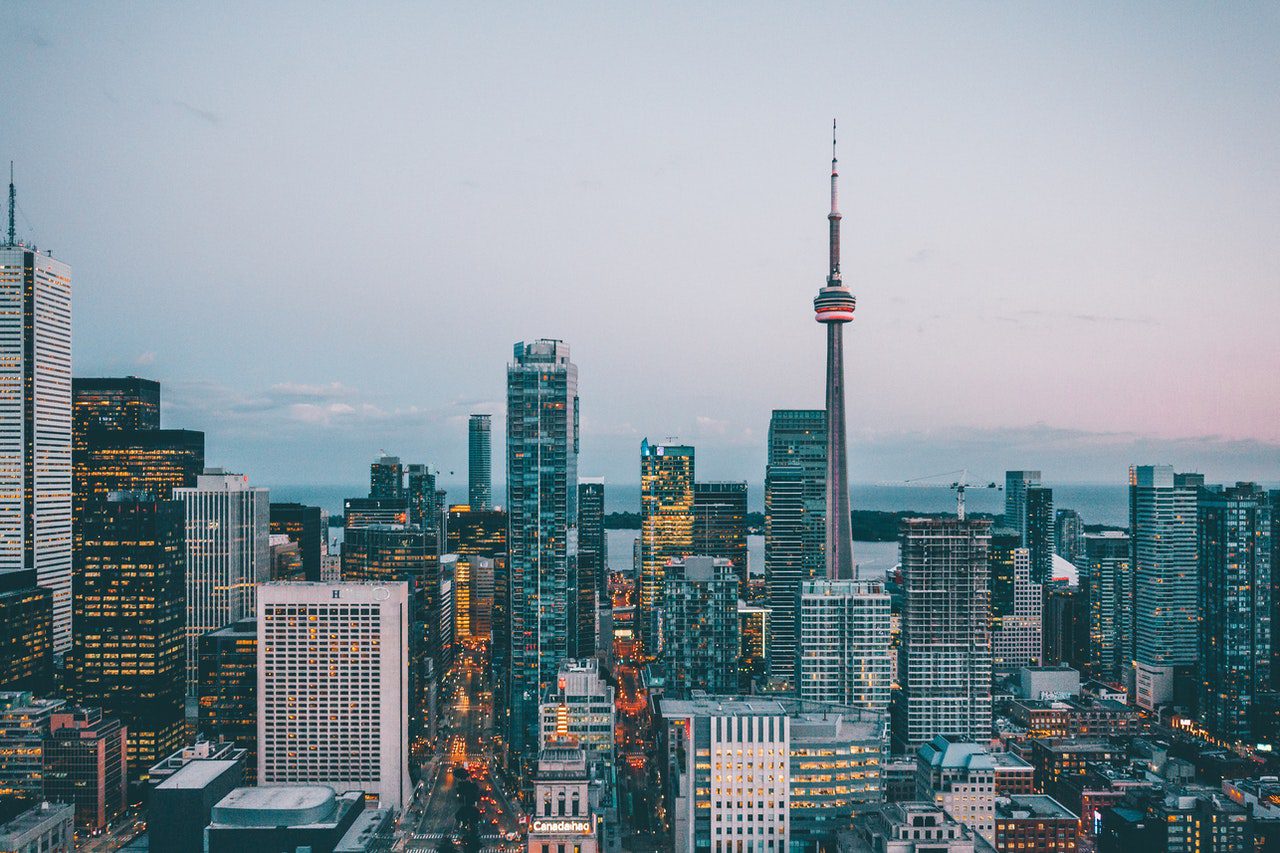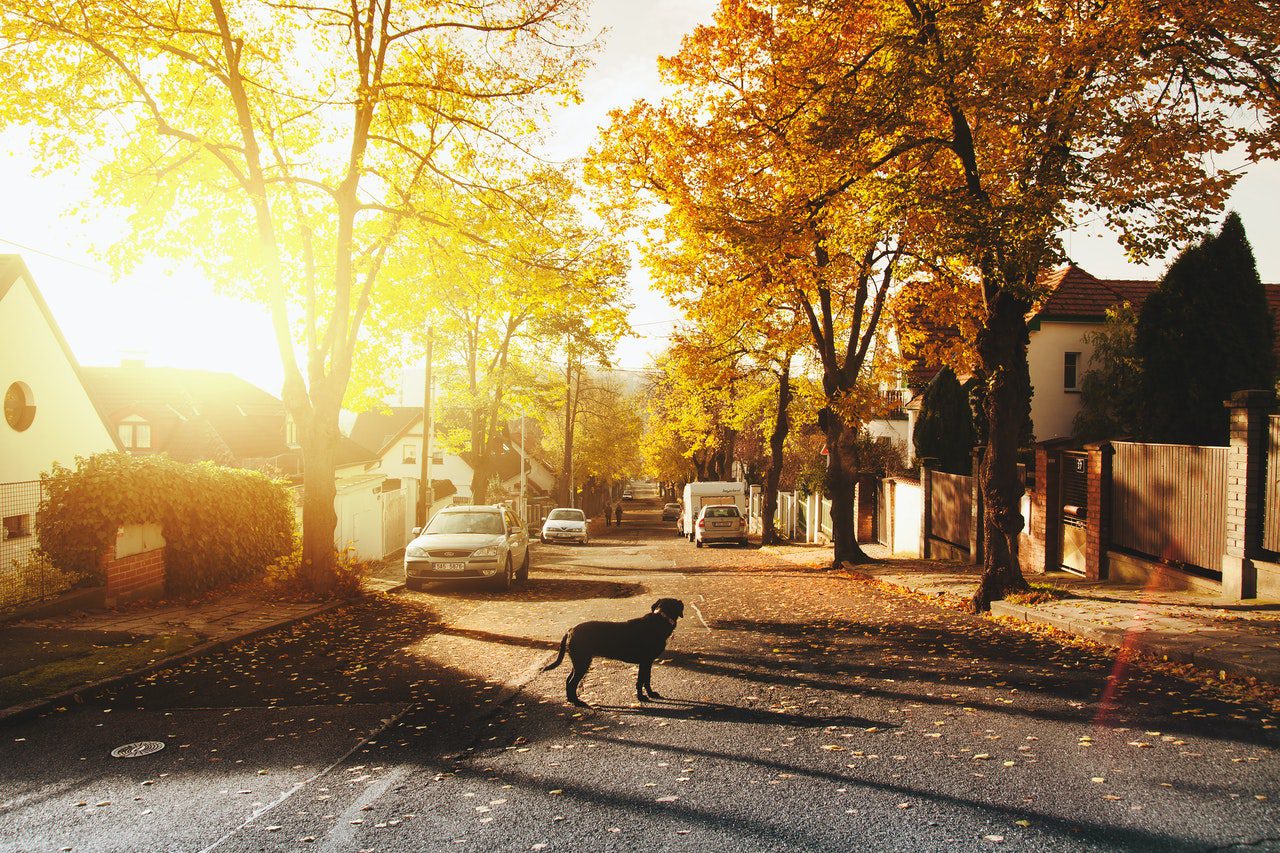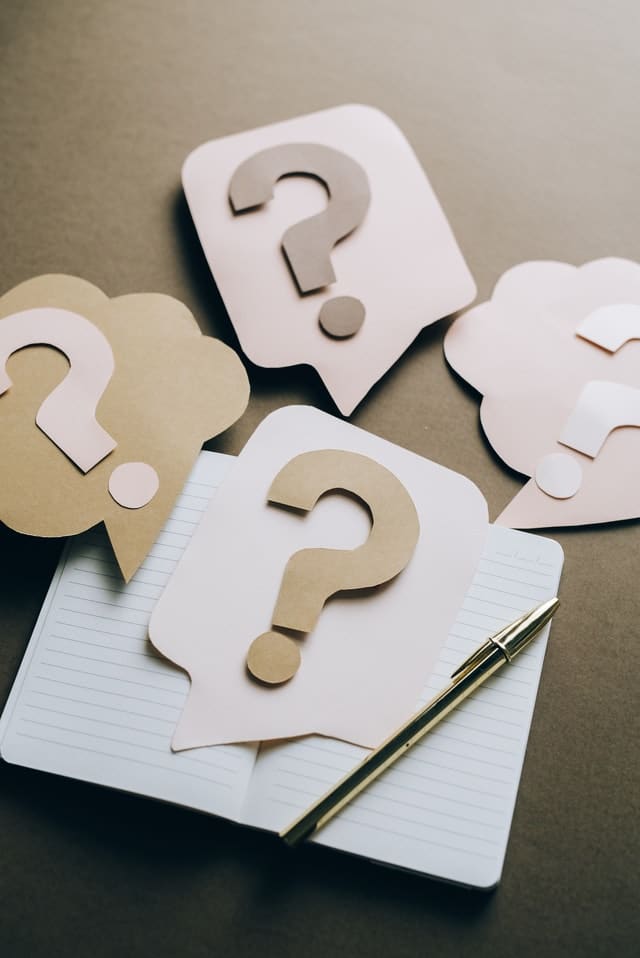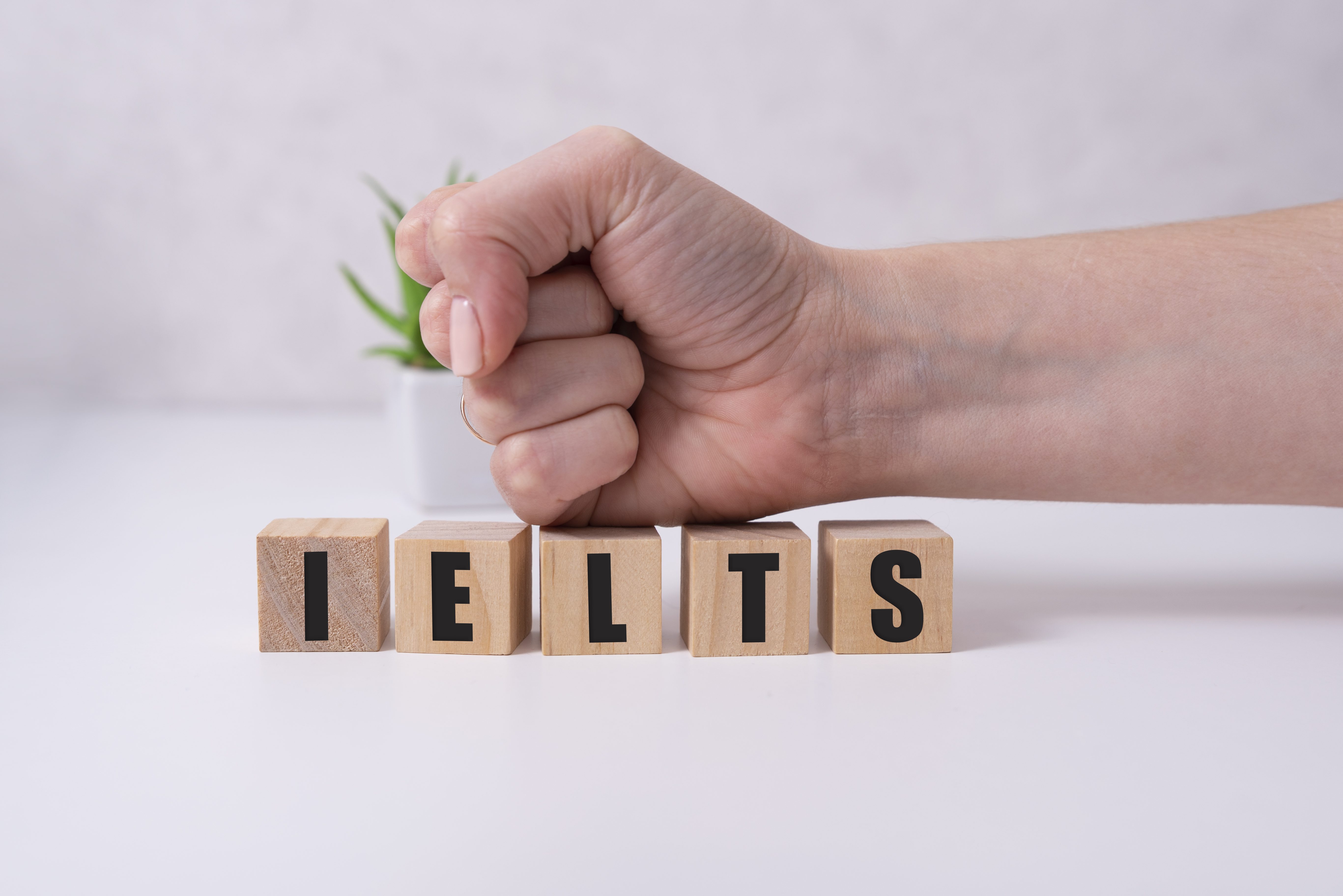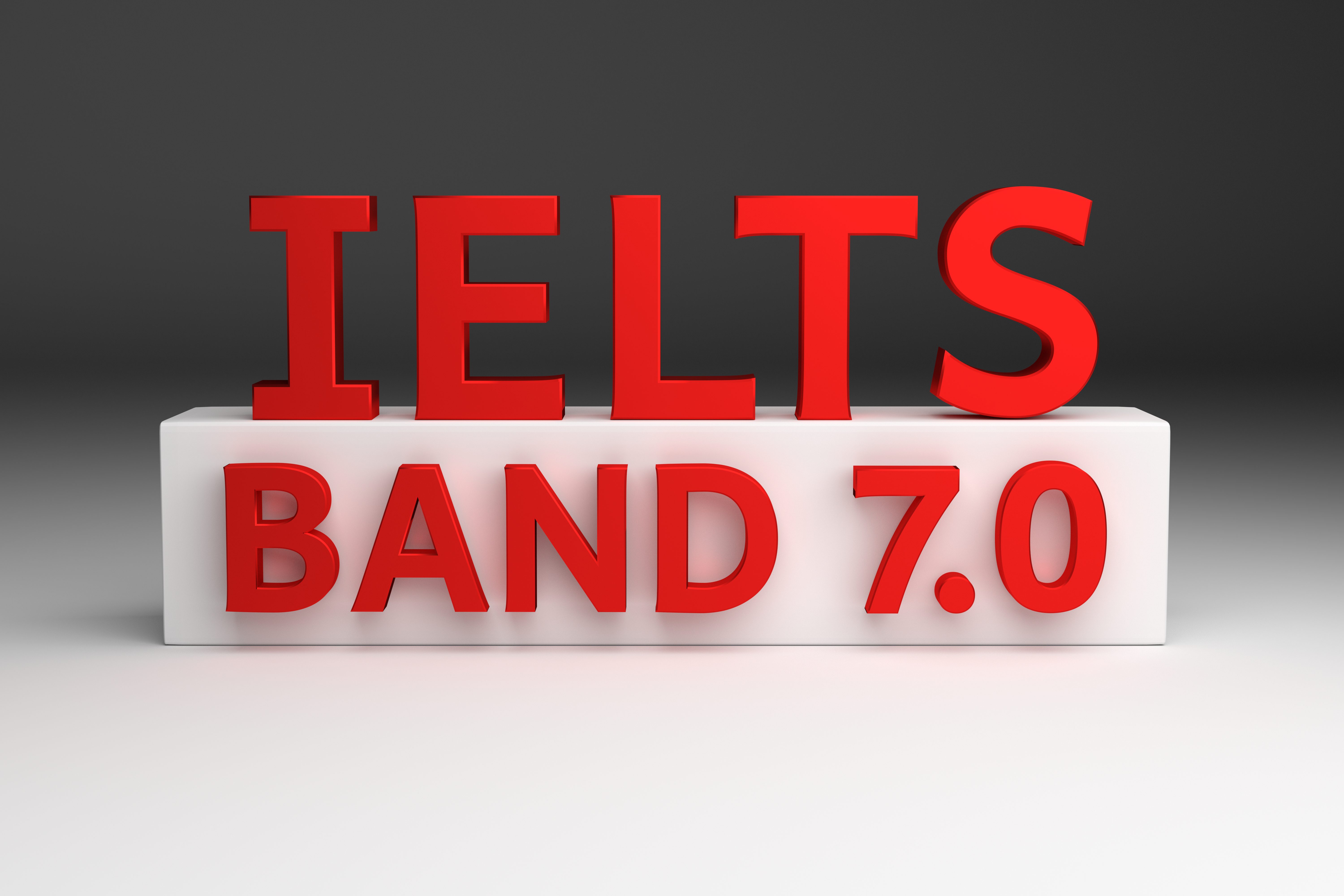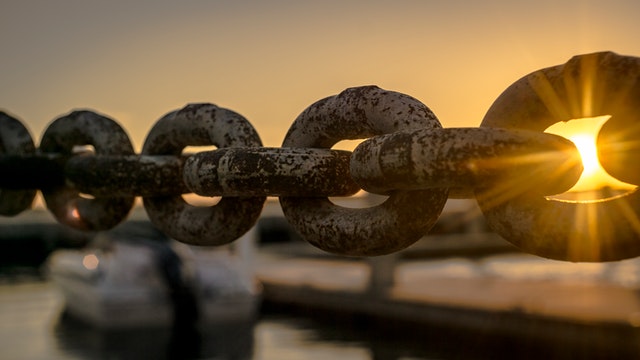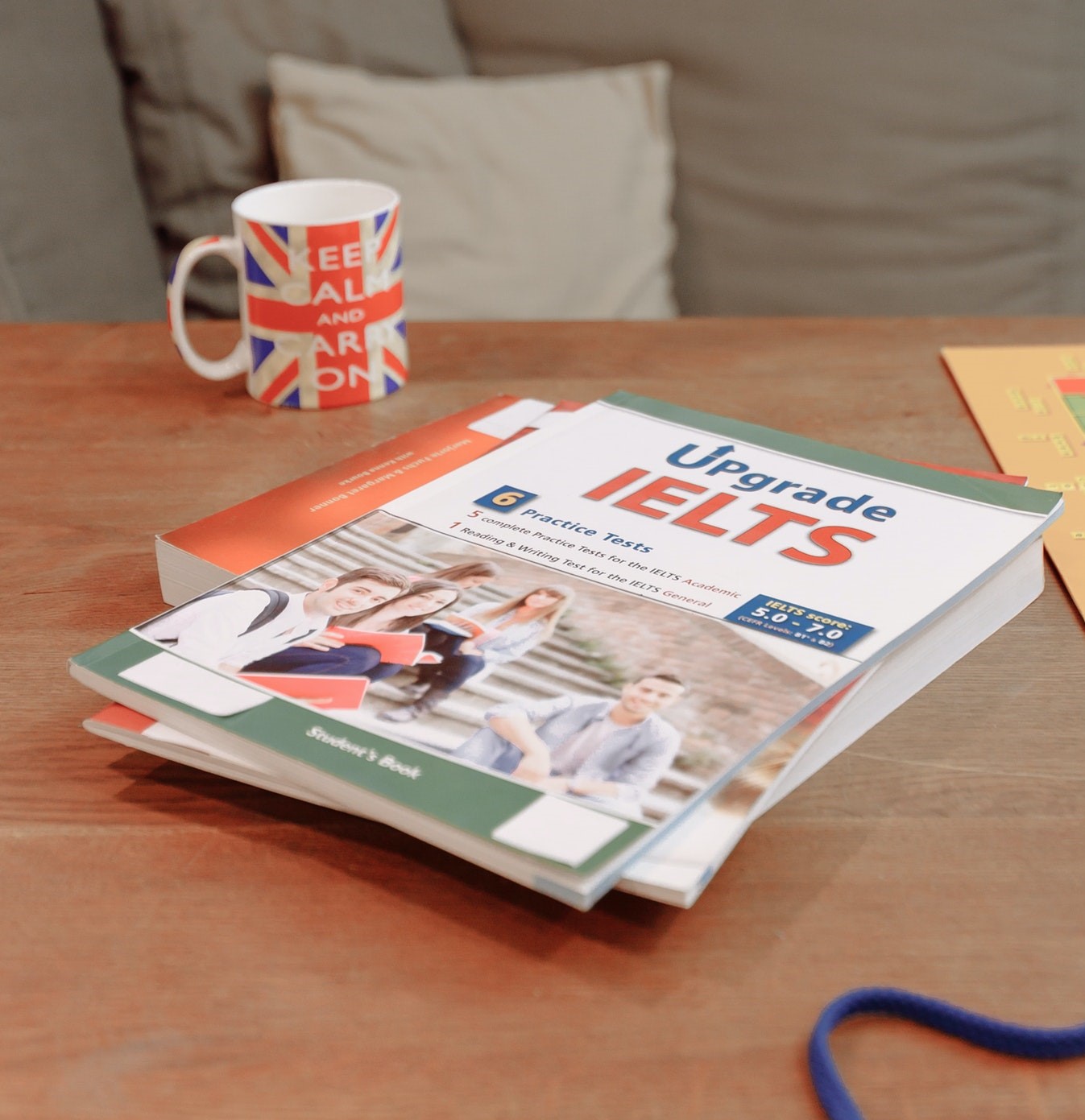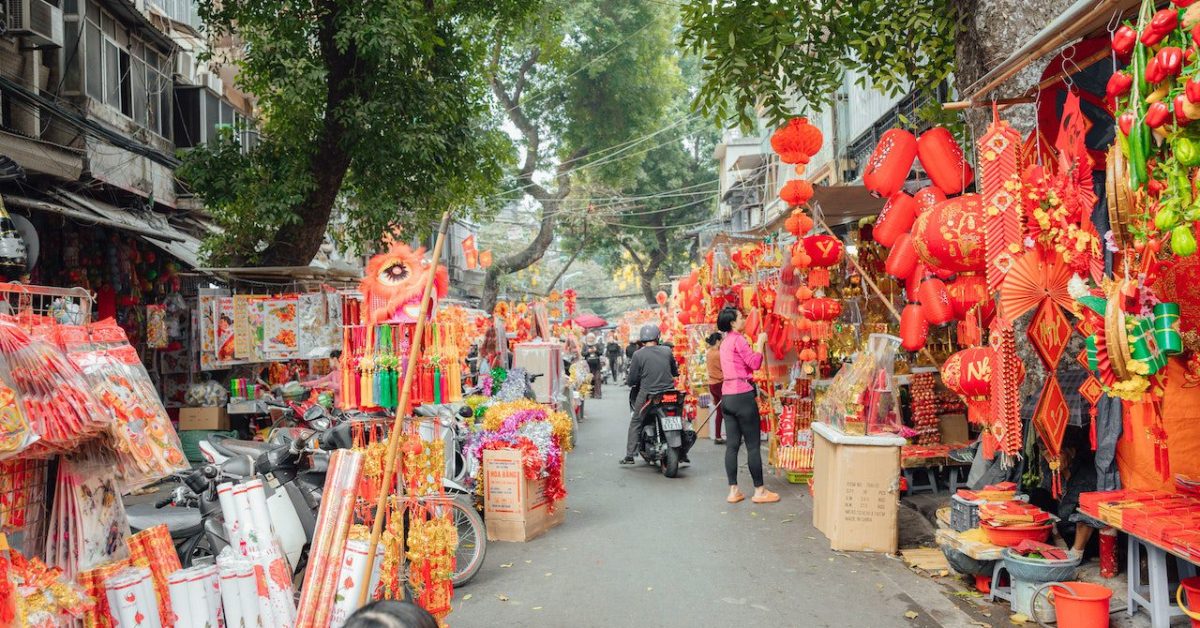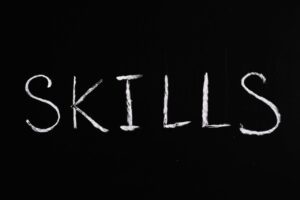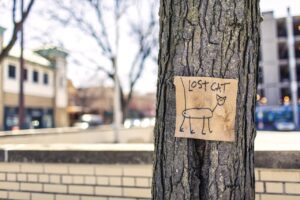Describe a traditional festival in your country
Describe a traditional festival in your country
You should say
- What it is
- When it is
- How is it celebrated
And explain why you like it
Example 1.
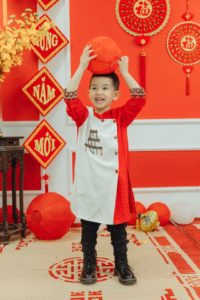 “Chinese New Year would have to be one of my favourite festivals and it has been an important part of my life for as long as I can remember. It’s a time for the whole family to gather together and celebrate. Traditionally, it’s celebrated for 15 days, beginning on the first day of the Chinese Lunar calendar.
“Chinese New Year would have to be one of my favourite festivals and it has been an important part of my life for as long as I can remember. It’s a time for the whole family to gather together and celebrate. Traditionally, it’s celebrated for 15 days, beginning on the first day of the Chinese Lunar calendar.
Growing up, I’ve always looked forward to this time of the year, and I still remember my parents decorating the house with red lanterns and spring couplets as well as filling it with the smell of traditional Chinese food.
On Chinese New Year’s Eve, all the family members will gather around the dinner table, and a huge feast will be served. This is a time for us to enjoy the delicious food and exchange good wishes with family and friends.
I remember as a young child, the following morning, I would wake up to the sound of firecrackers. This is also the time for families to exchange red envelopes which contain money and gifts, and as something every young child in China looks forward to. We also visit our relatives on the same day, so the whole day is filled with laughter and joy. As a child, I used to love dressing up in red clothes and walking around town with my parents.
Apart from the festive atmosphere and all the wonderful food, what I like the most about Chinese New Year is the feeling of being together with family. Every year, no matter how busy our lives are, we still make time to be together and celebrate. To me, this is the heart and soul of Chinese New Year.
Thank you.”
Example 2.
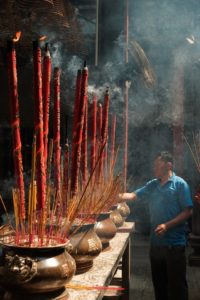 “Growing up in Vietnam, one of my favourite festivals was always the Mid-Autumn Festival. Every year, around late August or early September, the full moon would come out and we would celebrate. We’d usually gather with family and friends and eat moon cakes, which are small sweet cakes with various fillings like red bean or lotus.
“Growing up in Vietnam, one of my favourite festivals was always the Mid-Autumn Festival. Every year, around late August or early September, the full moon would come out and we would celebrate. We’d usually gather with family and friends and eat moon cakes, which are small sweet cakes with various fillings like red bean or lotus.
The festival always feels like a huge party, with all the children playing with lanterns, releasing them into the night sky, as well as walking around the neighbourhood carrying them. Everyone is always in a great mood, sharing stories, jokes, and laughs.
I remember as a kid, we’d also make offerings to the moon. This involved creating a special altar and presenting offerings like fruits and incense sticks as a sign of respect. I still remember how my mom would take out her best dishes and lay out the offerings in an orderly manner. It’s a tradition I still follow today.
One of the most memorable parts of the festival is the dragon dance, which is a long dragon-like puppet held up by a group of people. As the dragon moves around, everyone follows it with their lanterns and the atmosphere is electric.
I have so many fond memories of the Mid-Autumn Festival, and it’s a festival that I look forward to every year.
Thank you.”
Describe a traditional festival in your country – IELTS speaking part 3.
Do you think that traditional festivals are as important today as in the past?
Personally, I think traditional festivals are still extremely important and relevant today, but perhaps in a different way than in the past.
In the past, I think festivals were often used as a way to mark important moments in the calendar year or to celebrate certain events and milestones.
While these celebrations still occur, many traditional festivals now serve as a way to bring people together and to promote cultural understanding and appreciation.
For example, Diwali and Chinese New Year are both celebrated in many countries, and these events help to create a sense of community and to bring different cultures together.
Having said that, some traditional festivals have become over commercialised or lost their meaning over time, and this is something that should be avoided. Overall, I think traditional festivals are still important today, but it’s important to consider the reasons why and to ensure that their original purpose and meaning is preserved.”
Do you think it’s important for children to learn the true meaning of traditional festivals?
 “Yes, I think it’s absolutely vital for children to learn the true meaning of traditional festivals celebrated in their country. These celebrations can teach kids about their culture and heritage, as well as helping them to form a connection with their past.
“Yes, I think it’s absolutely vital for children to learn the true meaning of traditional festivals celebrated in their country. These celebrations can teach kids about their culture and heritage, as well as helping them to form a connection with their past.
For example, during Chinese New Year, kids learn about the traditions and customs, such as giving red envelopes and wearing new clothes. They also get to understand the importance of family and the significance of the festival.
I believe, It’s a great way to bring families closer together and instil values in the younger generations. I think it’s a heartwarming experience for kids to learn about the stories and symbols behind the festivals, and it’s something they’ll never forget.”
Do you think that music is an important part of traditional festivals?
“Yes,absolutely! I think that music is a key component of traditional festivals. It can really help to create a celebratory atmosphere, bring people together, and make the event even more enjoyable.
For example, during the lunar new year or Tet, traditional Vietnamese songs are played to bring in the New Year, which really adds to the festive atmosphere. Music is an integral part of these traditions and I love it. It brings such a special energy to the celebrations and makes them even more memorable.”
Do you think that traditional festivals have become too commercialised?
“Yes,personally, I do think traditional festivals have become a bit too commercialised these days.
For example, during the Chinese New Year period, it used to be a time to spend with family and friends, but now it’s all about buying expensive decorations, gifts and food.
The focus has shifted from the traditional values and cultural aspects of the holiday to making money. This saddens me because it’s not the same anymore,and I feel it’s become more about money than meaningful traditions.
As well as that, this commercialisation has also put a lot of extra financial pressure on families, which can actually make certain times of the year very difficult.”
More links to IELTS speaking part 2 and part 3 topics
Describe a time you got lost in a place you didn’t know
Describe a place you would like to visit
Describe a first day at school you remember
Describe a person you met at a party and enjoyed talking to
Describe a piece of technology you find difficult to use




